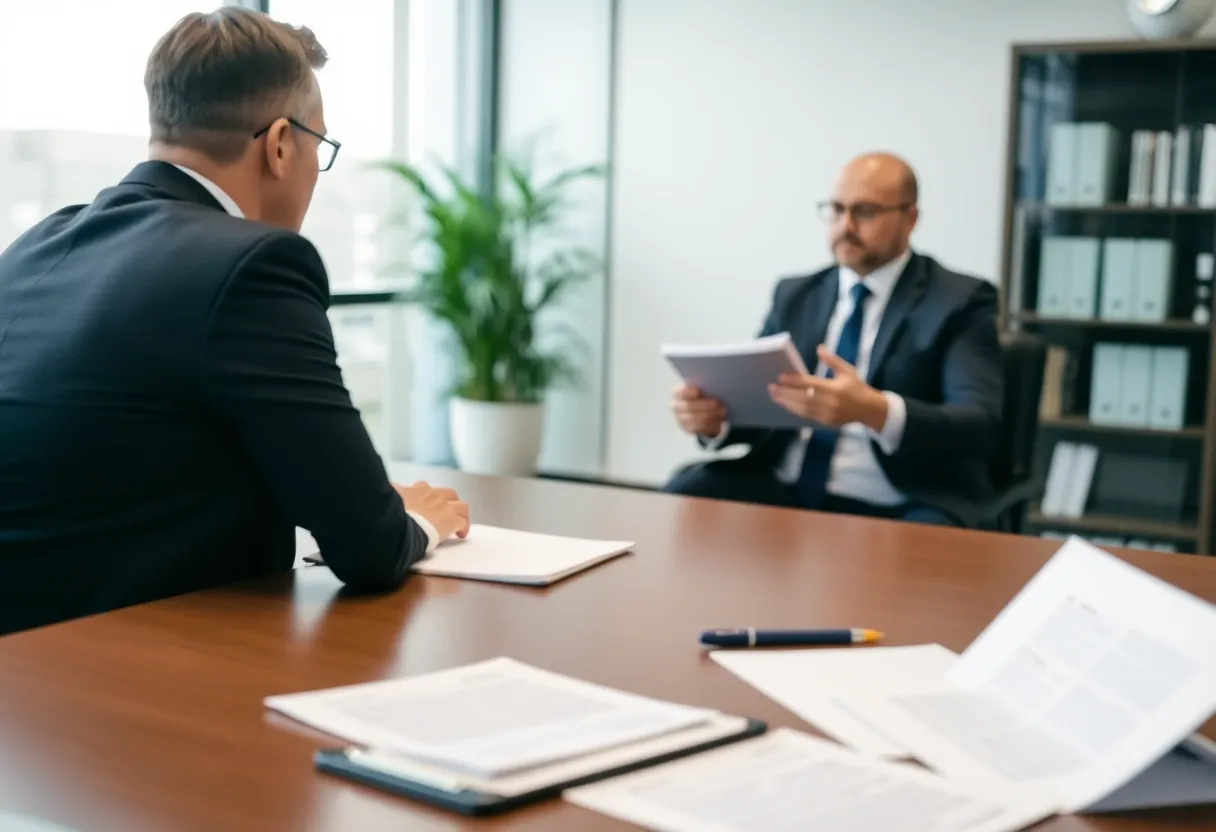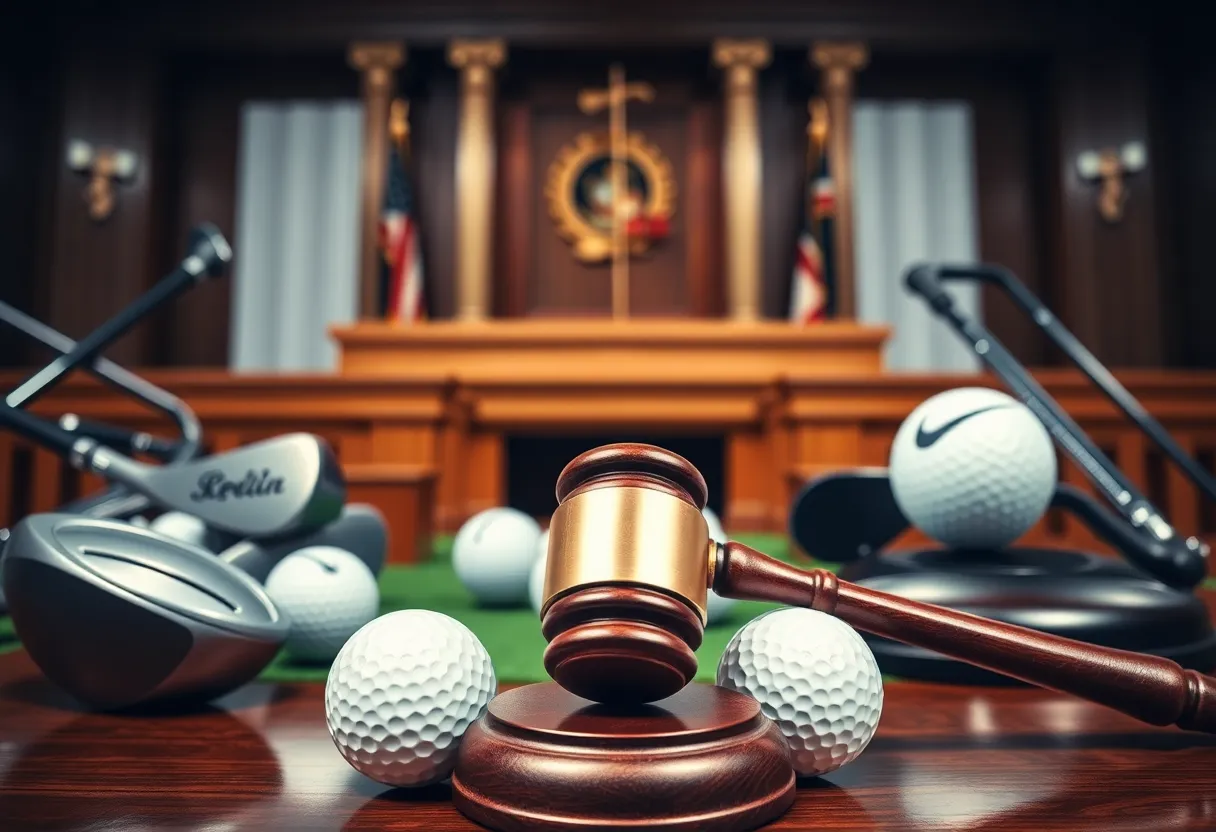How to Prepare for Your First Meeting with a Criminal Defense Lawyer
Understanding the Purpose and Importance of Your Initial Consultation
Meeting with a criminal defense lawyer for the first time is a critical step in navigating the legal process. This initial consultation sets the tone for your defense strategy and helps the lawyer assess the case’s strengths and weaknesses. It is essential to approach this meeting with thorough preparation. Well-prepared clients enable lawyers to provide accurate advice and build effective defense plans.
Gather Essential Documentation and Evidence
Organization is key when preparing for your appointment. Collect and bring all relevant documents directly related to the charge or incident. This includes:
- Any formal arrest warrants
- Notification letters from law enforcement or courts
- Legal citations or tickets
- Police reports
- Evidence such as photographs, videos, or physical objects
- Correspondence with law enforcement or prosecutors
- Personal identification (driver’s license, passport, etc.)
Having all these materials organized allows your lawyer to review the case effectively. Missing critical documents can hinder the lawyer’s ability to assess the situation accurately.
Prepare a Detailed Account of the Incident
Be ready to give a clear, chronological account of the events leading to your arrest and the periods surrounding it. Focus on providing facts, such as times, locations, and individuals involved. Maintain key information; avoid unnecessary filler or repetition. This narrative helps your lawyer understand context, potential defenses, and possible outcomes.
Tips for Providing a Precise Account
- Stick to facts; avoid speculation or assumptions
- Note any possible witnesses or evidence that support your story
- Be honest about any previous criminal history or similar incidents
Be Ready to Discuss Your Background and Personal Information
Your lawyer will need to understand your background to formulate an effective defense. This includes:
- Personal details (age, employment, family status)
- Criminal history or prior legal cases
- Physical and mental health circumstances, if relevant
- Substance use history
Such information can influence legal strategies, plea negotiations, or sentencing considerations. Be truthful and forthcoming, as withholding relevant details may compromise your defense.
Clarify Your Goals and Expectations
During the initial consultation, articulate your desired outcomes. Whether you aim for case dismissal, reduced charges, or a plea bargain, communicate openly. Understanding your objectives allows the lawyer to tailor recommendations accordingly. Ask questions about potential scenarios, legal procedures, or the timeline ahead.
Understand the Legal Process and Your Rights
Use this meeting as an opportunity to learn about the specific charges you face, the legal process, and your rights. Familiarize yourself with key aspects such as:
- The arraignment process
- Pre-trial motions
- The possibility of bail or bond
- The potential outcomes and sentencing
Being informed enhances your ability to make decisions and collaborate effectively with your lawyer.
Be Prepared to Discuss Legal Fees and Payment Arrangements
Understand and clarify the fee structure during your initial meeting. Ask about:
- Consultation fees (if any)
- Retainer requirements
- Billing methods (hourly, flat fee, contingency)
- Additional costs (expert witnesses, investigation fees)
Clear communication about legal expenses avoids surprises later. Ensure you understand the scope of services included and any potential extra charges.
Maintain Confidentiality and Be Honest
Remember, everything shared during this meeting is protected by attorney-client privilege. Be honest and transparent. Concealing facts or providing misleading information can undermine your defense and harm your case. Your lawyer relies on full disclosure to craft an effective strategy.
Establish Clear Communication and Follow-Up Plans
Discuss the best ways to stay in touch. Confirm contact details, preferred methods of communication (phone, email, in-person), and the expected timeline for updates. Clarify whether you’ll need to provide additional documents or information ahead of scheduled court dates.
Implementing a Strategic Preparation Plan
Effective preparation involves an organized checklist and proactive engagement. Create a timeline that includes:
- Compiling documents and evidence
- Summarizing your account of the incident
- Listing questions and concerns for your lawyer
- Scheduling any necessary follow-up appointments or investigations
This systematic approach ensures your first meeting is productive and lays a foundation for a robust defense.
Additional Considerations
Privacy and Discretion
Be mindful of sharing sensitive information. Choose a private setting for the meeting. Do not discuss case details with unauthorized individuals, as inadvertent disclosures can compromise your defense.
Stay Calm and Focused
Legal situations can be overwhelming. Approach the meeting with a clear mind. Staying calm helps you communicate more effectively and facilitates mutual understanding with your lawyer.
After the Meeting
Review the notes taken during your consultation. Follow through on any agreed-upon actions, such as gathering additional documentation or scheduling further meetings. Maintain open communication with your lawyer throughout the process.
The Bottom Line
Success in your legal defense begins with diligent preparation for your first meeting. Organize your information, understand your case, and set realistic expectations. Doing so empowers your lawyer to serve you better and increases your chances of a favorable outcome.
Author: STAFF HERE CLEVELAND WRITER
The CLEVELAND STAFF WRITER represents the seasoned team at HERECleveland.com, your premier source for actionable local news and information in Cleveland, Cuyahoga County, and beyond, delivering "news you can use" with in-depth coverage of product reviews for personal and business needs, local business directories, politics, real estate trends, neighborhood insights, and state news impacting the region—backed by years of expert reporting and robust community input, including local press releases and business updates, while providing top reporting on high-profile events like the Rock and Roll Hall of Fame inductions, Cleveland International Film Festival, and holiday parades, alongside key organizations such as the Cleveland Clinic, Cleveland Orchestra, and Great Lakes Science Center, plus leading businesses in manufacturing and healthcare like Sherwin-Williams and University Hospitals, and as part of the broader HERE network including HEREDayton.com, offering comprehensive, credible insights into Ohio's vibrant landscape. HERE Cleveland HERE Dayton





